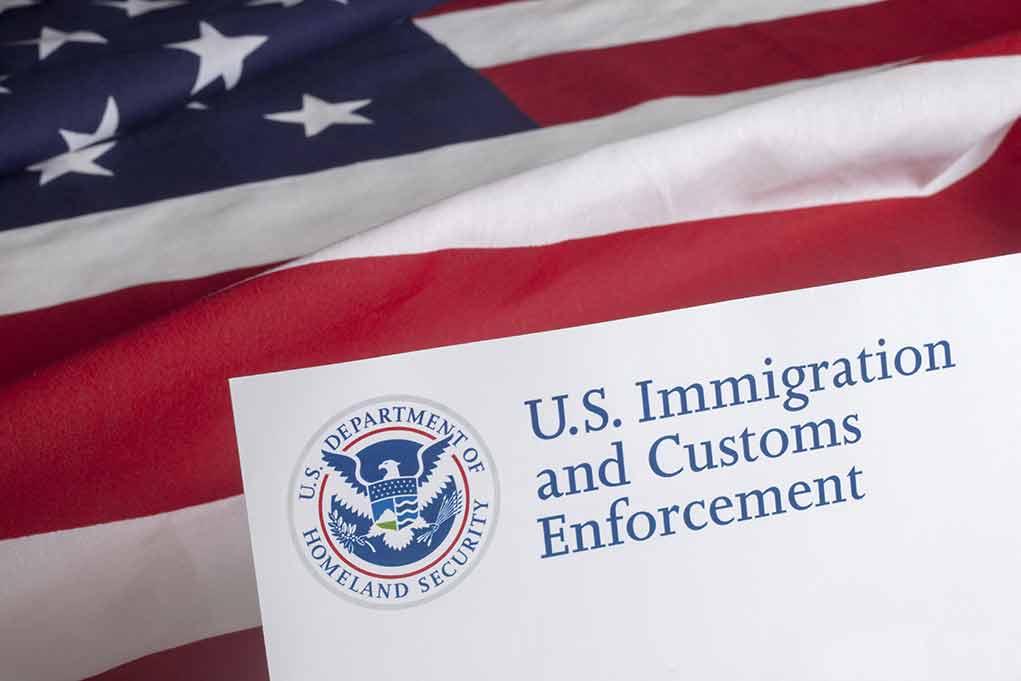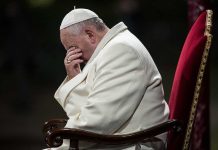
Russian scientist Kseniia Petrova now faces up to 20 years in prison for smuggling frog embryos into the U.S., as federal prosecutors escalate what began as a simple customs violation into a serious felony case following her protests against Putin’s Ukraine war.
Key Takeaways
- Harvard researcher Kseniia Petrova faces felony smuggling charges for failing to declare frog embryos at Boston airport, with potential 20-year prison sentence
- Petrova, who fled Russia after protesting Putin’s Ukraine war, has been detained in Louisiana since February after her J-1 visa was canceled
- Criminal charges were filed suspiciously right after a judge scheduled a bail hearing in her immigration case
- The judge has granted her transfer to Massachusetts to face both immigration and criminal proceedings
- The case has sparked fear among international students and academics about studying in the United States under the Trump administration
From Scientific Research to Federal Crime
What began as a customs issue at Boston’s airport has exploded into serious federal charges against Russian scientist Kseniia Petrova. The Harvard Medical School researcher now faces felony smuggling accusations for failing to declare frog embryos she brought into the country for scientific research. Prosecutors allege Petrova knowingly imported biological specimens without proper permits, while her legal team maintains these were non-living, chemically fixed samples that didn’t require declaration. The smuggling charge carries a potential sentence of up to 20 years in federal prison, transforming what might typically result in a simple fine into a life-altering criminal case.
Petrova has been detained in Louisiana since mid-February after customs officials canceled her J-1 work-study visa during a return trip from France. The timing of the criminal charges has raised eyebrows among legal observers, as they were filed on May 12 and unsealed only after a separate hearing questioned the government’s treatment of Petrova. Her attorney successfully requested a transfer to Massachusetts for further proceedings in both her immigration and criminal cases, marking a critical development in her legal battle.
Political Undertones and Suspicious Timing
The case carries unmistakable political dimensions, as Petrova fled Russia after openly protesting against Vladimir Putin’s invasion of Ukraine. Her detention and subsequent criminal charges have come under the Trump administration, which has faced numerous legal challenges from foreign students and academics. The decision to pursue felony charges against a scientist over what her lawyers describe as a misunderstanding about customs requirements has struck many as unusually harsh and potentially motivated by factors beyond mere law enforcement.
“The timing of Kseniia’s transfer out of ICE custody into criminal custody is especially suspect because it happened right after the judge set a bail hearing for her release. The charge, filed three months after the alleged customs violation, is clearly intended to make Kseniia look like a criminal to justify their efforts to deport her,” said Gregory Romanovsky, Petrova’s attorney.
U.S. prosecutors have taken a hard line on the case, emphasizing that education and professional status don’t exempt individuals from following customs laws. The Justice Department has actively worked to dismiss Petrova’s legal challenges to her detention, questioning the jurisdiction of courts that have taken up her case. A federal judge in Vermont has scheduled a bail hearing for May 28, specifically questioning the authority under which immigration officials revoked Petrova’s visa.
Chilling Effect on International Scientific Exchange
Petrova’s case has sent shock waves through academic and scientific communities, particularly among international researchers and students. The severe response to what many view as a minor customs oversight has raised concerns about the Trump administration’s approach to foreign academics. When brought before a judge via video from her Louisiana detention facility, Petrova simply responded, “Yes, I understand,” when informed of the charges against her. New York Times
“The rule of law does not have a carve out for educated individuals with pedigree,” stated U.S. Attorney Leah Foley, taking a firm stance against what the government characterizes as smuggling rather than a misunderstanding. USA Today
Legal experts note that such charges at this stage of an immigration case are highly unusual. Petrova’s lawyers contend she could have simply paid a fine and returned to France had the matter been handled as the administrative issue they believe it is. Instead, the researcher who left Russia due to political persecution now faces the prospect of deportation back to Putin’s Russia or a lengthy prison sentence in America – an outcome that has alarmed international scholars considering work or study in the United States.
















